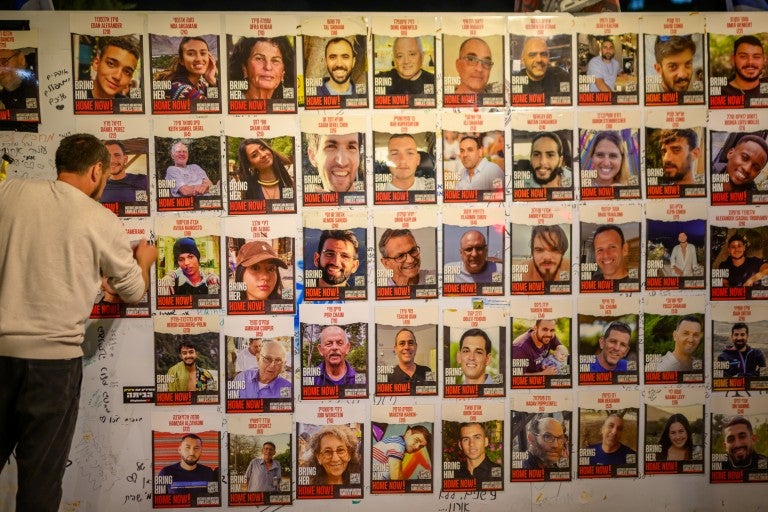June 22, 2019
This week in Manama, Bahrain, the Trump Administration is slated to publicly present – and conduct a series of working groups around – its economic vision for the Palestinian people. This vision will be part of the President’s long-awaited Middle East peace plan. Since the Administration announced the conference last month, there has been considerable speculation about what it can achieve, who will be participating, and how the economic element of the Administration’s plans will mesh with the expected political track. Following are developments worth watching:
1) To what extent is the Arab world participating in the Bahrain “Peace to Prosperity” conference?
Egypt, Jordan, Morocco, Qatar, Saudi Arabia, the UAE – and, of course, Bahrain – have all announced they will participate, although the extent of each country’s engagement (the level of officials, the business component of delegations) is not fully available. The Palestinian leadership will boycott the workshop. That decision is consistent with the Palestinian leadership’s refusal to engage the Administration after the U.S. Embassy moved to Jerusalem. The Administration has announced there will be no official Israeli delegation – although Israeli business and media representation is expected. Israel Prime Minister Benjamin Netanyahu has said, “We welcome American attempts to provide regional solutions for a better future.” In addition to the United States, other announced non-regional participants include the UN, the IMF, the World Bank, and the European Bank for Reconstruction and Development.
2) Will the U.S. be able to achieve any tangible results from the Bahrain conference?
The fact that key Arab states are committed to the Summit with U.S. officials to discuss Palestinian economic support – in the absence of official Palestinian representation – is itself significant, indicating a desire to break the regional stalemate and entrenched taboos. Whether Arab governments or business entities are prepared to make tangible investments in Gaza and/or the West Bank before a political framework is put forward remains to be seen.
It is worth noting, however, that the Bahrain conference follows a series of signals over the last 15 months from leaders of Arab states that do not have diplomatic relations with Israel suggesting a shift in regional attitudes – a “strategic shift,” in the words of one senior Gulf official – toward acceptance and a desire for cooperation, free of constraints long imposed by pro-Palestinian orthodoxy. Signs that broader engagement with the Jewish state has gained traction include widely publicized comments made by the Saudi Crown Prince during his 2018 U.S. tour, visits by two Israeli ministers to the UAE, the breakthrough invitation to Netanyahu by Sultan Qaboos,two days of consultations in Oman last fall, this spring’s statement by a UAE minister that Arab governments had been “very, very wrong” to boycott Israel. Arab leaders continue to express their and their people’s support for Palestinian self-determination, but the Bahrain conference – whatever its outcome – can be seen as yet another indication of these leaders’ openness to pursuing that objective in new ways.
3) Can an economic plan be presented before a political solution is in place?
There are real infrastructure and humanitarian needs to be addressed, particularly in Gaza, as part of any effort to improve the lives of the Palestinian people and prepare the ground for Israeli-Palestinian peace. For instance, measures in Gaza to improve access to safe drinking water and electricity, and the provision of adequate sewage treatment facilities – without benefit to Hamas, the terrorist organization that controls the strip – could be among the options discussed. And with appallingly high unemployment rates, public or private investments that yield significant job creation are likely to be considered. The $64,000 question is whether hard commitments will be made in Bahrain to undertake these or other efforts before, or only sometime after, a plan to address political concerns is unveiled.


